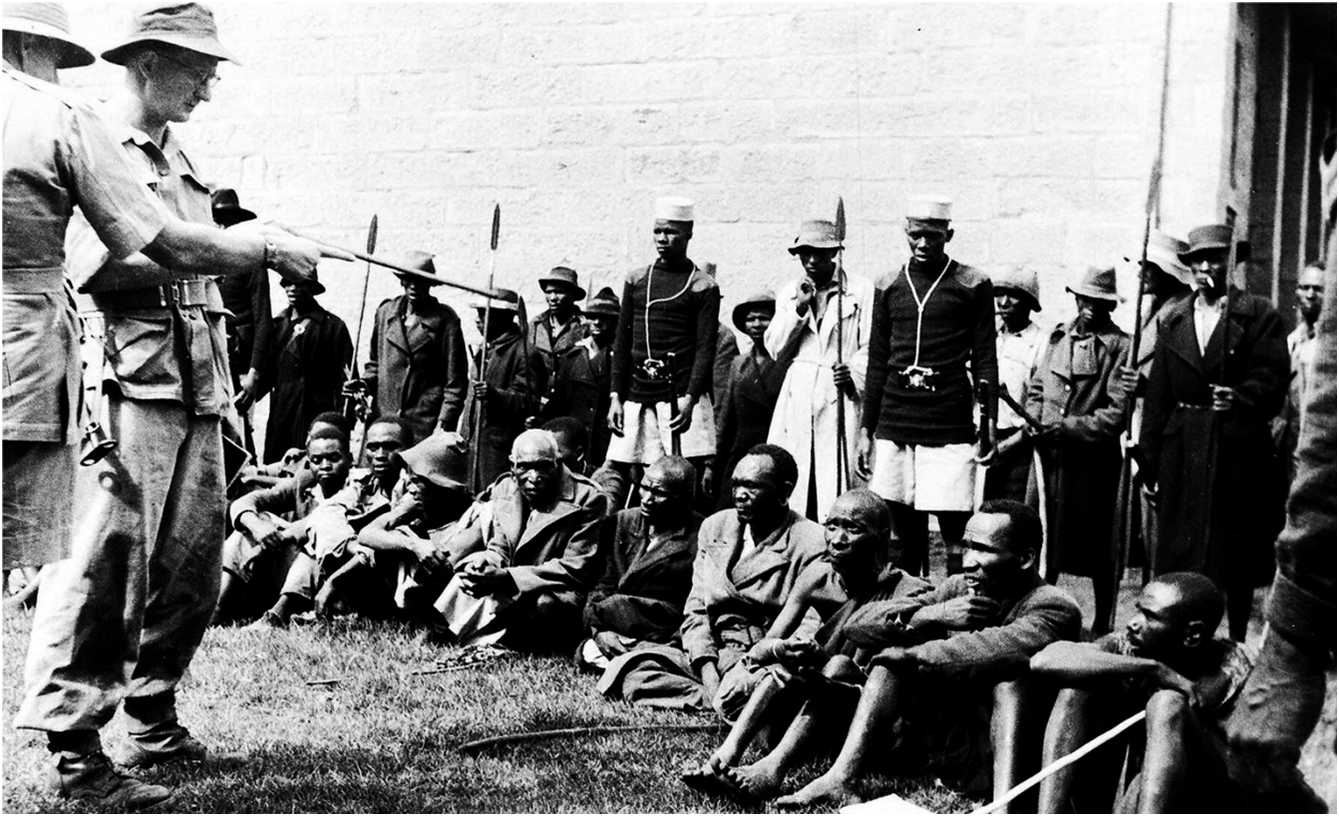Olasupo Shasore is a renowned senior advocate of Nigeria and former attorney general of Lagos State, whose interest in telling the truth about the tragedies and problems of Nigeria has exposed the consequences of the slave trade and colonial rule. His series, The Journey of an African Colony, just as his previously published discussions, is a historical film that reveals the untold stories of past heroes whose efforts have gone unrecognized and the consequences of colonial rule (Figure 1). Shasore’s work explores the gaps in Nigeria’s documented history, revealing a more nuanced and complex narrative of the country’s metamorphosis. Nigeria’s independence is portrayed as a hollow victory in the film, highlighting the British exploitation of its resources, identity, and dignity. It serves as a reminder of the country’s ongoing struggles.
The film depicts the mantra of the colonial masters, which was to exploit both labour and wealth, a practice that has continued to resonate in the twenty-first century. The British legacy of colonization influenced Nigerian monarchs, who reaped the “fruits of their labour” through greed and corruption. The series also portrayed the consequences of twentieth-century slavery, revising them into the modern-day twenty-first-century “JAPA syndrome”—the mass migration of Nigerians seeking better opportunities abroad, which represents neocolonialism. The film also navigates the oppressive representation of the British, which led to the weakening of Africa and, ultimately, Nigerian leaders and citizens learning the act of corruption from figures like Lord Lugard. The film reveals that the abolition of the slave trade did not end the suffering of the Nigerian people; instead, it opened the eyes of power-hungry Indigenous leaders who discovered new forms of exploitation that the British had inadvertently introduced.
In the film, Islam is viewed as a unifying force among the kingdoms in northern Nigeria. At the same time, the British might employ the military to assert dominance and attempt to conquer the entire region. To achieve this, they deployed armies to infiltrate the northern states, dismantling local defences. However, the commonly held view of Frederick Lugard as a benevolent champion of Nigeria’s amalgamation is misleading. His actions were marked by widespread destruction and numerous killings in the North, driven by personal ambition and self-interest.
Once the nation was formed, Nigeria faced a crisis of taxation, particularly affecting market women. These women were subjected to heavy taxes, forcing them to pay for incomes they did not earn. This exploitation sparked protests, awakening a sense of rebellion and prompting Nigerians to fight for their rights.

Figure 1. A moment in colonial history reflecting the dehumanising experience of Past Heroes
Shasore, in this documentary, examines Nigeria’s involvement in World War II, during which Nigerians struggled against exorbitant food prices. Many faced starvation, resorting to stealing to survive in their homeland. The laborers toiled in abject poverty while Britain reaped vast wealth and power, exacerbating Nigeria’s deprivation. This systemic exploitation denied resource owners the benefits of their labour, perpetuating inequality.
The series also explored how Lord Lugard’s wife, Flora Shaw, picked the name “Nigeria.” It was derived from the word “Negro,” which reflects a derogatory colonial mindset, prompting questions about the true nature of independence. Flora Shaw’s choice of the name “Nigeria” highlights Lugard’s misleading concern for Nigeria, as his focus was primarily on benefiting the British Empire. Lugard’s failure to introduce education and industrialization, coupled with his promotion of racial segregation and violence, reveals his lack of genuine interest in Nigeria.
The documentary reveals the misrepresentation of African history. It sheds light on the historical sufferings, showing that today’s challenges are rooted in British colonial rulers, whose greed and exploitation inflicted lasting harm. The documentary reminds Africans of how indigenous African leaders introduced and inherited injustice, violence, and oppression, which has led to the promotion of the movement of people to new lands. The film also promotes the accurate depiction of African history, hoping that the present and future stories will be told accurately and truthfully.



